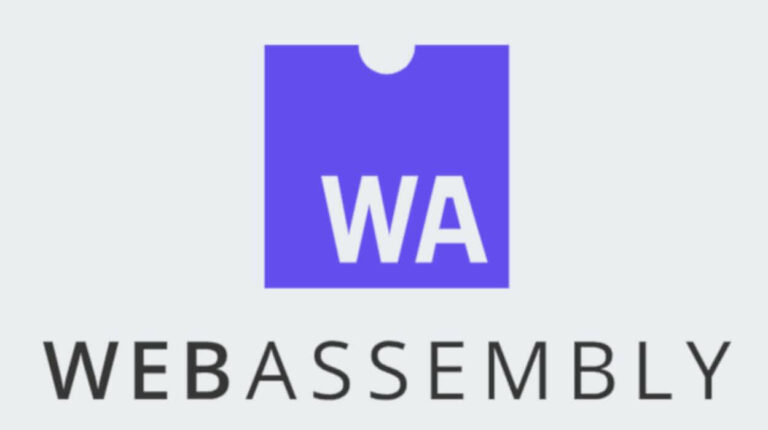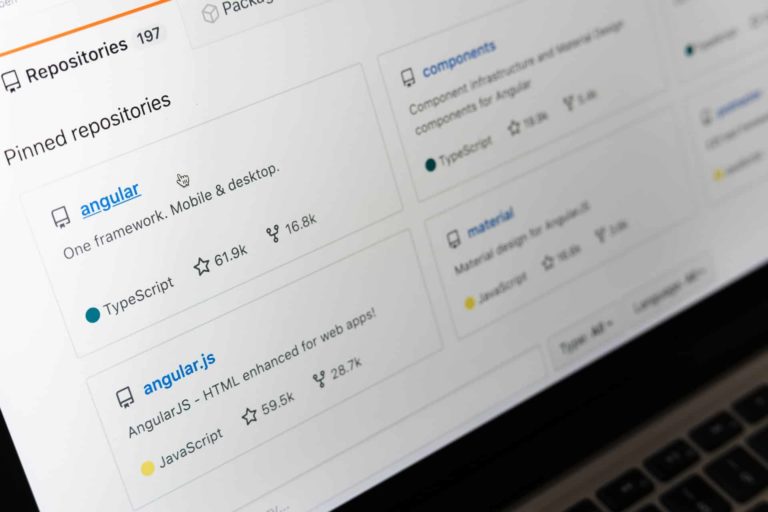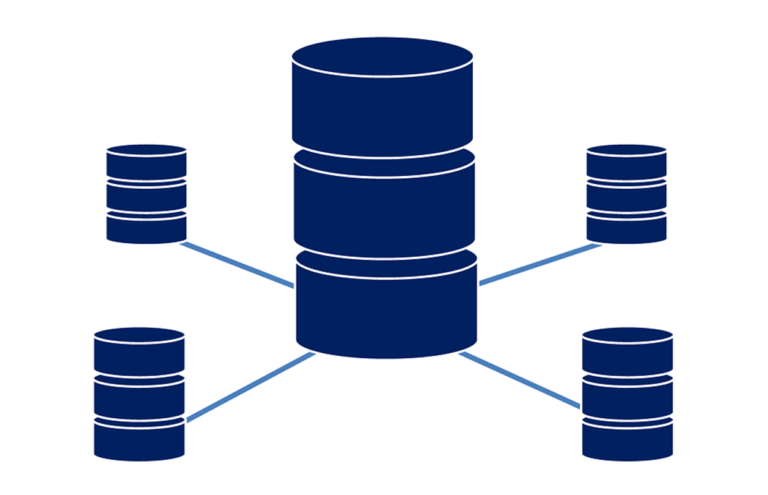12 Best Python Frameworks for Web Development

Talking about digital growth, the web development world witnessed many new trends and updates since its inception. With the internet evolution being the highlight of previous years, businesses have made a drastic shift to the digital marketplace.
So, for obvious reasons, web and mobile development have been in great demand. You can also check some amazing mobile app stats for the same.
If you are a web developer trying to tap into new work opportunities, we have some advice for you. Choosing a specialization in web development and then choosing the right framework can be daunting.
If you have crossed the first hurdle by choosing Python as your language of specialization, we are here to help you with the second one.
Best Python frameworks
Here is a list of the 12 best Python frameworks you should learn:
1. Django
The most popular Python framework, Django, is at the top of our list for many reasons. The framework is free to use and is open-source. To this day, Django has fueled more than 87,000 websites. Some of the best features offered by Django are high security, data storage, and backup.
It comes with a variety of modules, big libraries, and components. It is suitable for building high-performing standalone web apps.
Django is a versatile framework and Python web development agencies use it for projects that need fast results. It offers perfect documentation and comes with in-built authentication.
Also, if you are looking for a framework that supports cache mechanisms, Django is the one for you.
2. Pyramid
Pyramid is growing at a good pace and many developers have recently embraced its goodness. If you want to make minimalistic and basic web apps, Pyramid has got you covered. Some prominent names that use Pyramid are of tech giants like DropBox, Yelp, Mozilla, etc.
The framework is very flexible and makes it easy to write all kinds of projects. With Pyramid, writing even the most complex software will take less time and effort.
The framework helps with HTML structure validation and generation along with versatile authentication and approval methods. Other features include URL mapping, templating, asset details, etc.
3. CherryPy
When we talk about Python frameworks, CherryPy is one of the oldest. The framework is object-oriented and helps you write smaller source codes in a lesser time as compared to other frameworks.
CherryPy is a very customizable framework and you can use it with other Python frameworks too. It works in compliance with HTTP/1.1 and has a WSGI thread-pooled webserver.
It is an open-source framework and is capable of building commercial-level web apps.
4. Grok
If you are into Agile development, Grok is for you. The framework is inspired by an advanced library set – the Zope toolkit. Grok helps you lay a strong foundation for high-performing, scalable, and extensive web applications.
You can create custom web apps with the help of its crucial development assets and building blocks. The framework offers high-end storage and is very easy to use.
5. Blue Bream
Earlier known as Zope 3, Blue Bream is a Python-based open-source framework owned by the Zope Foundation. The framework is built on top of ZTK (Zope Toolkit) and is a very suitable framework to make stable and scalable web apps.
It is built with the Zope Component Architecture (ZCA), which helps developers to implement Separation of Concerns, creating usable and cohesive components.
With other famous components like zope.security, zope.publisher, zope.testing, zope.schema, etc., this framework becomes a handy option to work with.
6. Flask
Another Python framework, Flask is a feature-rich option if you want to develop a strong base for your web applications. You can access Flask under the BSD license. The open-source framework comes with features like built-in development, debugger, and deployment.
You can work on feature integration and customization of the web apps through its modular, light, and easy-to-use design. Flask promotes code reusability and aids faster and smoother web development.
It uses Jinja2 templating and supports HTTP request processing. The Werkzeug WSGI Toolbox makes it easier for developers to work with Flask.
7. TurboGears
If you want to start your web app development journey with a full-stack framework, TurboGears is a good choice to begin with. The framework was specially created to eliminate the limitations of its fellow frameworks. The full-stack, open-source framework supports JS tool integration and provides multi-database support.
The developers can create some high-performing and robust apps because of the MochiKit JS library integration and the MVC architecture. For server and programming, the framework also offers ORM (Object Relational Mapper) and AJAX.
8. Web2Py
The framework Web2Ply is another option for full-stack development on our list. It helps you create, customize, modify, debug, and deploy your web apps through the browser you are using.
You can create cross-platform apps using this framework compatible with Windows, Google App Engine, Linux, etc. Web2Ply is open-source and you don’t need any external services or tools to create your app because it comes loaded with batteries.
The framework has MVC architecture and web-based IDE integration. It also addresses threats and security issues, helping you develop highly secure apps.
9. Bottle
If you are looking for a framework that can easily help you create small-scale web apps, Bottle is for you. The framework was initially created to develop web APIs but now it is known for supporting fast development.
Bottle is the best way for developers to start learning about Python and its prototyping. So, if you are a beginner, Bottle can be a good framework to start. The framework is independent of the Python Standard Library and is supported by the WSGI toolbox.
Bottle allows developers to create a feature-packed interface with the right features and tools. It comes with templates, a built-in web server, adapters, and URL routes.
10. Keras
An open-source API, Keras uses artificial neural networks like Theano, Microsoft CNTK, and TensorFlow for the backend. With the implementation of Neural Networks, Keras helps developers with deep learning.
It also supports Machine Learning (ML) integration and offers simple APIs. The API comes with pre-labeled datasets, a developer’s guide, and extensive documentation. With Keras, developers can build apps fast and seamlessly.
11. Tornado
An asynchronous networking library and a web framework, Tornado was created by FriendFeed. The framework is well-known for its capability of coping with more than 10,000 open connections at once. For that, it uses the C10K issues and non-blocking network I/O.
Thus, the framework is suitable for WebSockets, long polling, and other web applications for which users require a long-lived connection. The framework has HTTP client and server-side implementation. Tornado is said to be a full-stack replacement of WSGI.
12. Falcon
Looking for a fast full-stack web development framework? Falcon is the best bet! It is a WSGI library that helps you create web APIs and web app backends fast. Supported by PyPy 3.5+ and CPython 3.5+, this framework delivers high performance, flexibility, and trust.
The framework has an extensive, highly-optimized codebase. With the help of the request and response objects, it also provides easy access to headers and bodies. With Falcon, you can build high-quality, RESTful, and scalable APIs.
So, it was all about the 12 Python frameworks you should know about. With your specialization in any of the above-mentioned frameworks, you can find some good work opportunities. For more information, stay tuned!





